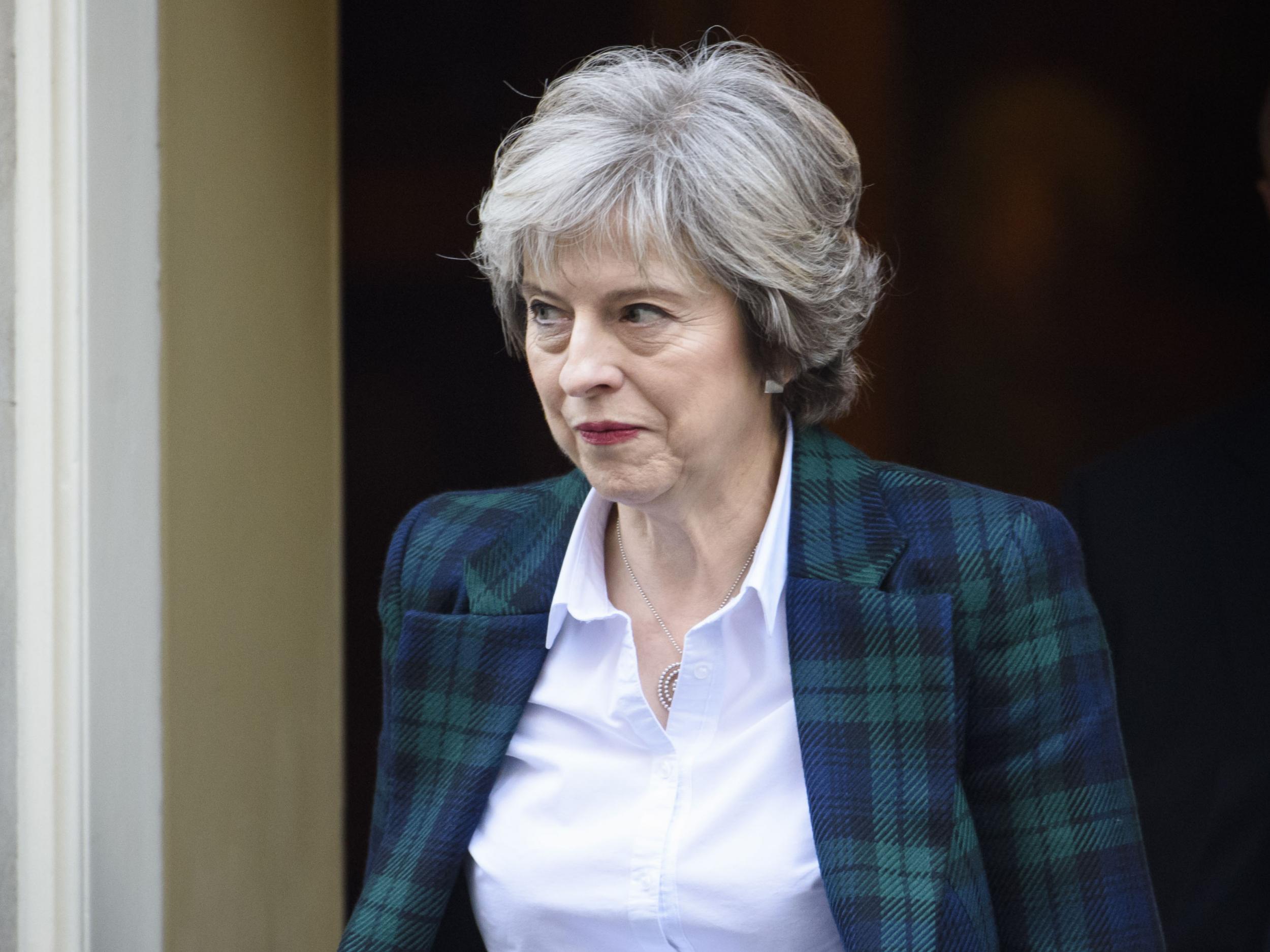Brexit Supreme Court case: Could Northern Ireland block EU withdrawal?
Northern Ireland and Scotland both voted to Remain in the EU

Your support helps us to tell the story
From reproductive rights to climate change to Big Tech, The Independent is on the ground when the story is developing. Whether it's investigating the financials of Elon Musk's pro-Trump PAC or producing our latest documentary, 'The A Word', which shines a light on the American women fighting for reproductive rights, we know how important it is to parse out the facts from the messaging.
At such a critical moment in US history, we need reporters on the ground. Your donation allows us to keep sending journalists to speak to both sides of the story.
The Independent is trusted by Americans across the entire political spectrum. And unlike many other quality news outlets, we choose not to lock Americans out of our reporting and analysis with paywalls. We believe quality journalism should be available to everyone, paid for by those who can afford it.
Your support makes all the difference.The Supreme Court is due to shortly announce their verdict on Theresa May’s Brexit plans, revealing whether she has sufficient power to take the UK out of the European Union alone or must get MPs’ approval.
The verdict represents yet another delay in the Prime Minister’s bungled Brexit plans, which have been criticised by political opponents as vague and weak.
As it’s an appeal case, most of the Supreme Court case is a re-hearing of what lawyers argued in the High Court. However, there is one significant exception.
By the time the appeal was sent to the Supreme Court, Northern Irish lawyers were granted permission to also argue that their local parliament, Stormont should get a say.
Their arguments were not originally heard in the High Court case in London, but will now have to be taken into account by the Supreme Court Judges.
What does it mean?
This means that the Supreme Court could rule against the government, in a different way to how judges at the High Court did.
Supreme Court judges could not only rule that MPs at Westminster must get to vote on whether Theresa May triggers Article 50- but also whether the devolved parliaments in Northern Ireland, Scotland and Wales get to vote on it too.
If that happens, which way would the devolved parliaments be likely to vote?
A majority of people in Wales voted to leave the EU, so it is likely their politicians would have to support leaving too. However, both Scotland and Northern Ireland voted Remain, opening the possibility their politicians could justify blocking Article 50 if their local parliaments get to vote on it.
Northern Irish politicians are particularly concerned about Brexit, amid worries it could harm the peace process. Some politicians have told The Independent they are going to vote to block Brexit if it comes to Stormont.
Could that stop Brexit?
Potentially. As with so much of Brexit, the issue is very unclear and its unchartered territory.
One thing which is certain is that if either the Northern Ireland or Scotland parliament votes to block Brexit, but Wales and England parlimants vote to trigger Article 50- that would put the UK in a very difficult position constitutionally. It is likely that Leave supporters in England and Wales would feel very frustrated if the other regions block it.
Similarly, if Northern Irish or Scottish politicians vote against Brexit and have their vote ignored, this could fuel local bids for independence from the UK, escalating tensions about whether they get enough of a say in national politics.
It would certainly delay Brexit by at least a few months, to allow the devolved parliaments time to look at the motion and vote on it.
How would that work?
The local politicians in those parliaments would be sent a legislative consent motion- a kind of bill which they would sign off on saying they agreeing with what the MPs in Westminster are voting on.
How does Northern Ireland complicate things further?
Power-sharing between nationalists and unionists recently collapsed in Northern Ireland, meaning the parliament will soon be dissolved. It happened when the Republican party Sinn Fein pulled out of power-sharing over a dispute with the Democratic Unionists.
A snap election has been called for 2 March, to try and elect a new government which agree to share power and resurrect the parliament.
However, in the meantime, Northern Ireland will not have a government. This raises concerns that if there is no Northern Irish parliament to confirm Article 50, Brexit may not be able to take place until it returns.
Local politicians have told The Independent that if Ms May tries to trigger Article 50 while the parliament is collapsed, she will face a court challenge from local politicians arguing this is unconstitutional.
What happens now?
The Supreme Court is due to give its verdict on the case at 9:30am on Tuesday. They will choose one of three options:
Theresa May can trigger Article 50 without MPs and Westminster voting on it
Theresa May must get approval from MPs at Westminster before triggering Article 50
Theresa May must get approval from MPs at Westminster, as well as MLAs in Northern Ireland, MSPs in Scotland and AMs in Wales
Join our commenting forum
Join thought-provoking conversations, follow other Independent readers and see their replies
Comments